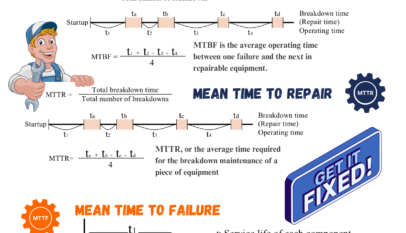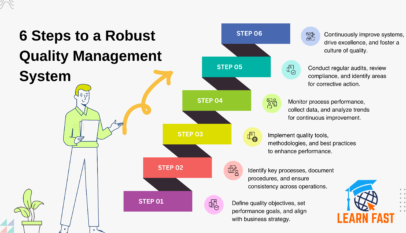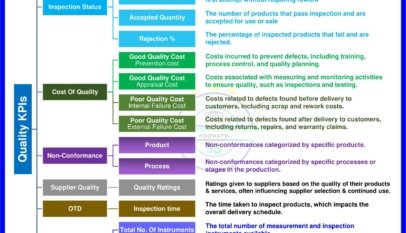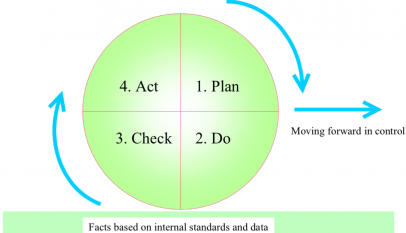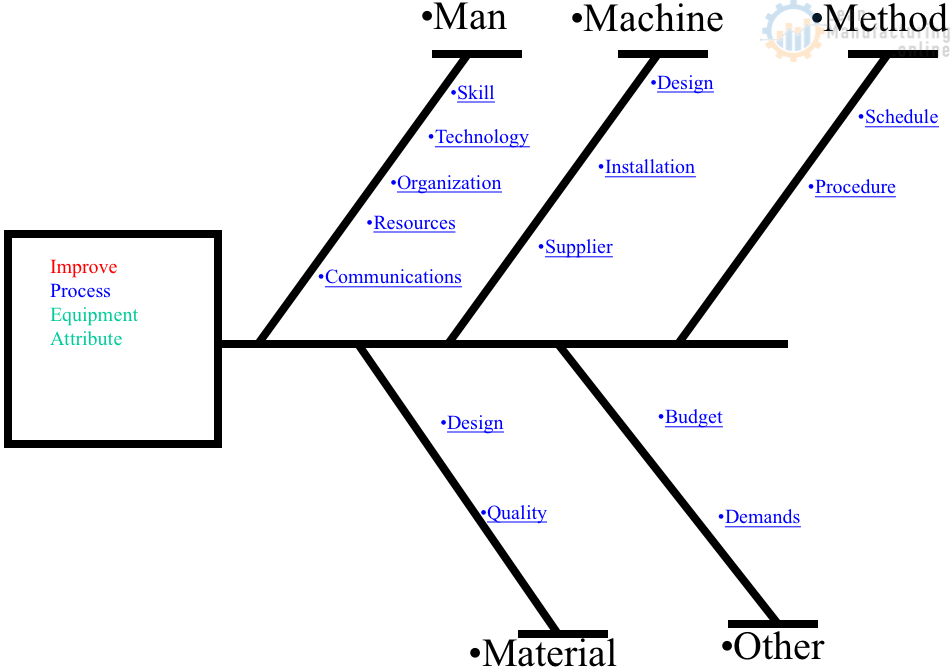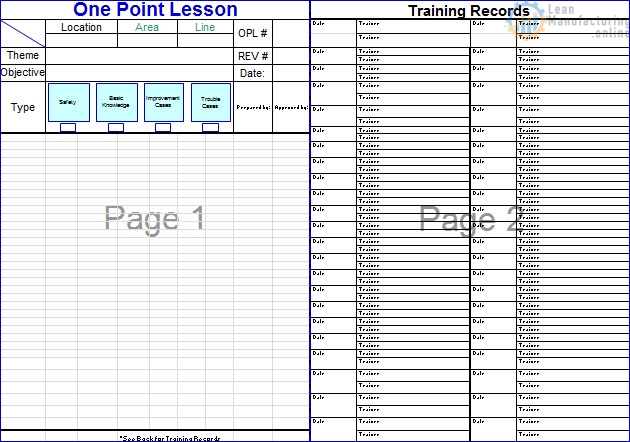Unlock the secrets to effective time management and conquer the PMP® exam with confidence. Exam guide here
Introduction
The Project Management Professional (PMP®) certification is one of the most sought-after credentials in project management. Passing the PMP® exam can boost your career prospects and demonstrate your commitment to continuous improvement and process excellence. However, the exam can be challenging, and time management is critical for success. In this blog post, we will explore time management techniques that can help you make the most of your PMP® exam preparation and ensure you perform at your best during the exam itself.
Section 1: Understand the PMP® Exam Structure
1.1: Overview of the PMP® Exam
The PMP® exam consists of 180 multiple-choice questions, which you must complete within 230 minutes (roughly 4 hours). The questions are divided into three domains: People (42%), Process (50%), and Business Environment (8%). This means you have, on average, 1.28 minutes to answer each question.
1.2: Know the PMP® Exam Content Outline
Familiarize yourself with the PMP® Exam Content Outline, which provides a detailed breakdown of the exam topics. By understanding the weighting of each domain, you can prioritize your study efforts and allocate your time effectively during the exam.
Section 2: Time Management Strategies for PMP® Exam Preparation
2.1: Create a Study Plan
Developing a study plan can help you stay on track with your preparation. Break down the exam content into smaller sections and set achievable weekly or monthly goals. Be realistic about how much time you can commit to studying and adjust your plan as needed.
2.2: Use Pomodoro Technique
The Pomodoro Technique is a time management method that involves breaking your study sessions into focused, 25-minute intervals called “Pomodoros,” followed by a 5-minute break. After completing four Pomodoros, take a longer break of 15-30 minutes. This technique can help you maintain focus and avoid burnout during your PMP® exam preparation.
2.3: Practice with Mock Exams
Regularly taking full-length mock exams can help you gauge your progress, identify areas for improvement, and develop your time management skills. Aim to complete at least three to five mock exams before your test date.
Section 3: Time Management Tips for the PMP® Exam Day
3.1: Develop a Question-Answering Strategy
Having a question-answering strategy can help you navigate the exam more efficiently. Start by answering easier questions first to build confidence and save time for more complex questions. If unsure about a question, make an educated guess and flag it for review. Return to these flagged questions once you have completed the rest of the exam.
3.2: Monitor Your Time
Keep an eye on the time throughout the exam. Use the average time of 1.28 minutes per question as a guideline. If you spend too much time on a question, make a guess, flag it, and move on. Be aware of the time remaining and allocate it accordingly.
3.3: Take Breaks
The PMP® exam allows for a 10-minute break after the first 90 questions. Use this break to relax, stretch, and refocus your mind. Taking breaks can help prevent mental fatigue and improve your overall performance.
Conclusion
Time management is a crucial skill for PMP® exam success. By understanding the exam structure, developing effective study habits, and implementing time management strategies during the exam, you can increase your chances of passing the PMP® exam on your first attempt. Remember, practice makes perfect – the more you practice time management techniques, the more confident and efficient you’ll become in handling the exam.
In summary, here are the key takeaways for mastering time management in your PMP® exam journey:
- Understand the PMP® exam structure and content outline.
- Develop a study plan and utilize the Pomodoro Technique.
- Regularly practice with mock exams to build time management skills.
- Develop a question-answering strategy and monitor your time during the exam.
- Take breaks to maintain focus and prevent mental fatigue.
By implementing these time management techniques, you can optimize your PMP® exam preparation and increase your chances of earning the prestigious Project Management Professional certification. Remember, the path to continuous improvement and process excellence begins with diligent preparation and effective time management. Good luck on your PMP® exam journey!

